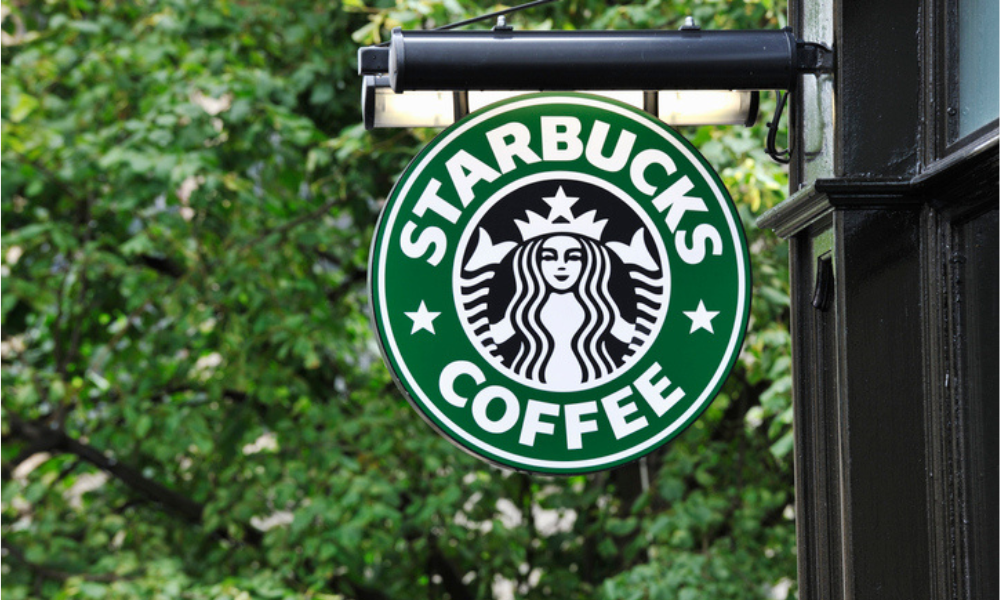
Coffee chain has a month to respond to Warren, Sanders and more

A new party has entered the fray between Starbucks, Starbucks Workers United and the National Labor Relations Board: politicians.
Senators Elizabeth Warren, Bernie Sanders, Ed Markey and Richard Blumenthal have asked the Seattle-based company to disclose how much it has spent on lawyers and consulting fees to combat unionizing efforts at hundreds of its locations in the United States.
The senators have sent their request to interim CEO Howard Schultz and the company’s board of directors, Reuters reported. Schultz will be officially replaced by Laxman Narasimhan on April 1, 2023.
Read more: Starbucks adds financial wellness benefits
The senators also said that they want to see the guidance Starbucks gave to managers about how to deal with workers organizing unions and whether its spending expenditures to counter unions were listed in its tax filings, Reuters reported. Additionally, the senators asked for a list of changes the company has made to benefits for non-unionized employees. The coffee chain has a month to respond, according to the letter, after “reports that Starbucks is engaging in illegal union-busting tactics.”
“We appreciate every opportunity to share the facts and address inaccuracies about our company and our partners, and we are confident in our stringent compliance with federal labor law,” Starbucks said in response.
Last month, Starbucks announced a partnership with Fidelity Investments to launch a savings program allowing staff to contribute a part of their after-tax pay to a personal savings account, with the company contributing $25 and $50 credits at milestones up to $250 per person. Starbucks workers will also have access to a new student loan debt benefit through Tuition.io with coaching on repayment options and refinancing.
The only problem is that not every Starbucks employee will receive these benefits. The company claims it can’t include employees at the roughly 300 stores with unionizing efforts in these perks, Starbucks spokesperson Reggie Borges told Bloomberg. Instead, the new benefits can be discussed in collective bargaining, Borges said.
In August, the NLRB’s Seattle office claimed the company is violating labor law by withholding pay hikes and other benefits from stores that have voted to unionize. The complaint, based on charges filed by Workers United, says that the company is offering raises, increased training, career development opportunities, expanded tipping and looser dress code policies only to non-union stores.
Read more: Starbucks union demands pay hikes, benefits extend to unionized workers
In May, Schultz said U.S. labor law requires union stores to negotiate their own contracts with the company. “We do not have the same freedom to make these improvements at locations that have a union,” Schultz said in a conference call with investors. In 2019, the NLRB ruled that employers can treat union and non-union employees differently, but only if the employer doesn't have an anti-union motive for doing so, ABC News reported.
Unless a settlement is reached, the complaint will be considered by an NLRB administrative law judge at a hearing set for Oct. 25. Once a decision is reached, either side can appeal to the full NLRB in Washington.
Employees at about 245 of Starbucks’ nearly 9,000 company-owned U.S. locations have voted to unionize over the past year, The Guardian reported.